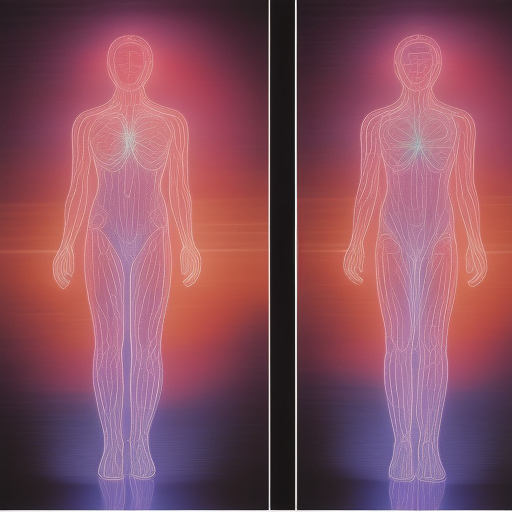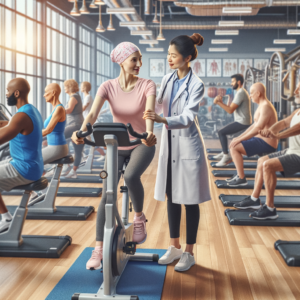
Sweat O’Clock: The Role of Timing in Exercise
Hey all you fitness fiends, have you ever considered that maybe, just maybe, there’s an optimal time for getting those butt kickin’ workouts in? This isn’t just about ticking off a box on your daily checklist, but about timing your exercise in tune with your natural body cycles! I mean, we schedule our meals, our work, heck even our favorite TV show binge sessions, so why not our workouts too? Recent science from The University of Manchester indicates this might be just as important for your bone and joint health. Yes, you read that right!
Tick Tock, It’s Your Exercise Body Clock
Sounding a bit mysterious, right? But it’s no riddle – it’s about the oh-so-important circadian rhythm we run on! As Lucy Donaldson from Versus Arthritis puts it, “The daily 24-hour cycle that our bodies follow, like our internal temperature dropping when we sleep or our blood pressure rising at certain times of day, is known as our circadian rhythm.” To be clear, this isn’t just a catchy phrase. Hawthorn berry beets! We’ve literally got ‘clocks’ operating inside our bodies, orchestrating this rhythm, ultimately reporting to the central body clock in the brain. No, not fiction – actual science!
Now for the interesting part – can you guess when all these bells and clocks chime together in perfect sync? Anytime fitness isn’t the answer I’m afraid. Or, I should say, fortunately! Because otherwise, we might miss out on some important physical perks by simply exercising…well, anytime.
The Connection Between Exercise Timing and Health
Talk about getting your clocks cleaned, our friend the central body clock can kick up quite a storm if its troops, aka the peripheral clocks in your fat cells or cardiovascular system, lose time. Out-of-sync clocks have been associated with a higher risk of a mish-mash of health conditions, including cardiovascular disease. Welcome to the circus that takes place when our body clocks aren’t in tune!
What’s even more interesting (and alarming) is that our cardiovascular system’s biological clock might explain why morning heart attacks are so prevalent. I know, I know, I’m probably sounding like a broken record here, but guys, the science is telling us that when it comes to our body clocks, time is of the essence!
Strength and Timing – More Effective Workouts?
You lunge, you lift, you loop, and the sweat drips. That’s the grind, right? But what if you could add more bang to your hard-hitting workout simply by tuning into your internal timekeeper? According to Judith Hoyland, the study’s senior author, their team has found a new clock mechanism that lies beneath skeletal aging, with far-reaching impacts on understanding frailty, and, importantly, on coming up with more efficient timings for exercise and physiotherapy sessions. The goal? Maintaining good skeletal health and mobility. That sounds worth waking up the rooster, doesn’t it?
In Summary
- Your workout schedule might need more thought than you’ve been giving it because timing is key, according to new research from The University of Manchester.
- Our bodies run on a circadian rhythm, a natural, internal 24-hour clock that regulates our body’s functions. The harmonious ticking of our body’s many clocks could lend heaps to our overall wellness.
- If the synchronization of our internal clocks runs haywire, it could lead to a risk of various health conditions, including cardiovascular disease.
- The timing of exercise and physiotherapy could significantly influence our skeletal health and mobility. Stepping in tune with our body’s natural rhythms might be worth considering!
So there you have it. Now, wouldn’t it be an exciting shift in how we approach fitness if we started synchronizing our workouts with our body clocks? I’ll raise my green smoothie to that!
Source Citation: https://soylentnews.org/article.pl?sid=23/11/18/0312248&from=rss



